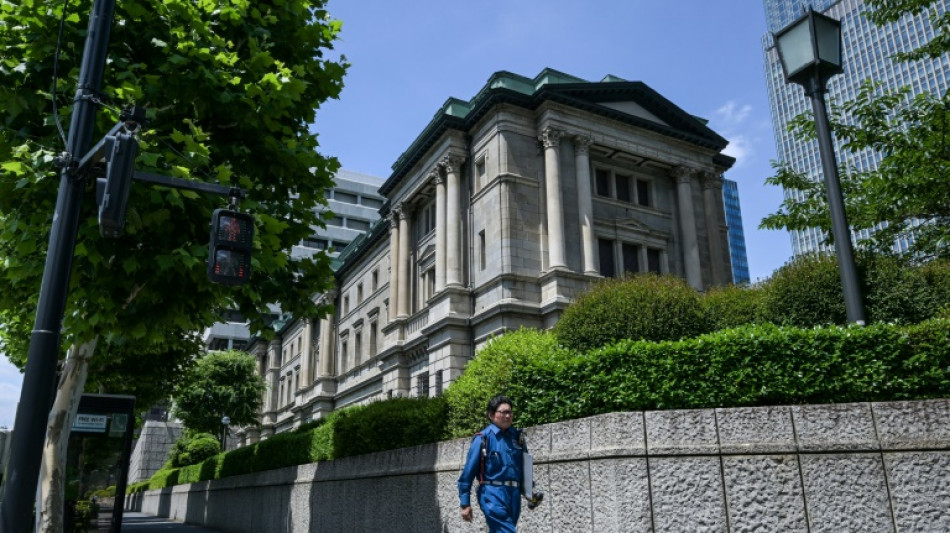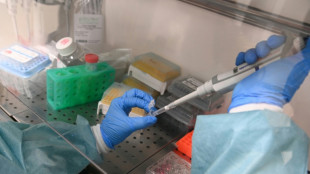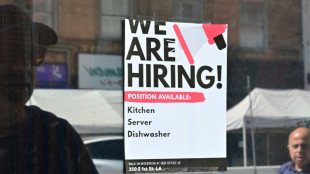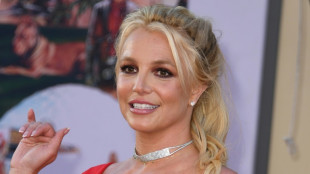

Yen slides ahead of Bank of Japan policy decision
The yen fell against the dollar ahead of a Bank of Japan decision Tuesday, with officials expected to hold interest rates steady but tweak their bond purchase policy.
The central bank last year said it would scale down its huge purchases of government bonds -- part of attempts to move away from a quantitative easing programme designed to banish stagnation and harmful deflation.
It is now considering slowing the pace of these cutbacks, analysts and media reports said.
"Slowing the bond taper will help keep interest rates lower than otherwise, providing support to the economy amid heightened trade uncertainty," Carol Kong, an analyst at the Commonwealth Bank of Australia, told AFP.
Speculation of such a move "intensified after a surge in the 'super long' Japanese Government Bond (JGB) yields in recent months", she explained.
The dollar surged higher than 145 yen in morning trade, compared with levels of around 144.30 yen on Monday.
"The recent softening of the yen could already partly reflect expectations for a cautious policy update from the BoJ... alongside negative spill-overs for Japan from the Middle East conflict," said Lee Hardman of MUFG.
The BoJ is expected to keep its main interest rate around 0.5 percent, lower than the US Federal Reserve's 4.25-4.5 percent.
Bank officials began lifting borrowing costs last year after nearly two decades of ultra-loose monetary policies aimed at kick-starting torpid economic growth in Japan.
"The BoJ will likely hold off on rate hikes until there is further clarity on US trade policy," Kong said.
Japan, a key US ally and its biggest investor, is subject to the same 10 percent baseline tariffs imposed on most nations plus steeper levies on cars, steel and aluminium.
Trump also announced an additional 24 percent "reciprocal" tariff on Japan in early April but later paused it along with similar measures on other countries.
Prime Minister Shigeru Ishiba said Monday there had been no breakthrough on a US trade deal after talks with President Donald Trump on the sidelines of the G7 summit in Canada.
"We still believe the Bank may hike rates in the second half of the year as it remains committed to normalising monetary policy," said Katsutoshi Inadome of SuMi TRUST.
"We expect that domestic demand will remain solid and that there is a chance economic conditions will improve to the point where the BoJ can consider interest hikes," he said.
T.Duque--BT




